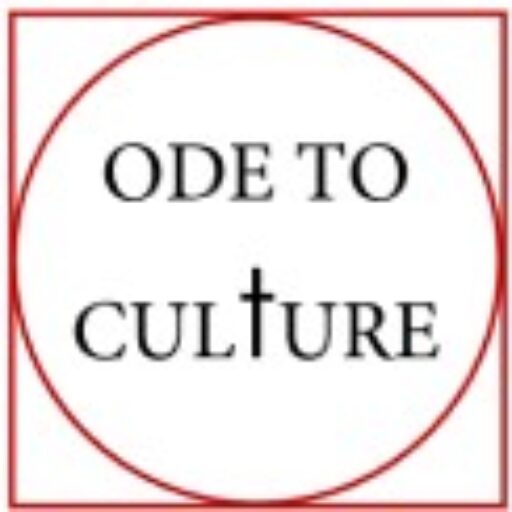Prompt 41: September 1, 2024
Patrick recently joined a group discussion at the Metropolitan Museum of Art to discuss purpose, and how our culture affirms or tries to define human purpose. We thought OTC would be a good place to stew on these questions.
Purpose is directly related to the meaning of things, that is, what they are made for. There are different ways to come to the conclusion that everything has purpose. They all require a leap of faith. Even reason itself requires an element of faith that the universe is rational. For this reason alone, the concept of truth requires an entity that is above the material world of existence. To say the world exists is a perceptible truth. To say the world exists for a reason is necessarily a metaphysical conclusion.
If you aren’t too concerned with the cosmic questions, you may have some lingering doubts as to how our human nature relates to having a meaningful life.
Bees transfer pollen. But why must bees transfer pollen? Bees must transfer pollen because it would be against their nature to do anything else. They can only live by doing so. The purpose of their existence is to transfer pollen, and this is woven in the fabric of their nature. The reason behind why pollen must be transferred is beyond the life of the bee, and yet his nature is perfectly fitted to his purpose.
The purpose of such a simple creature as a bee can be clearly understood. Humans, on the other hand, are categorically unique. The two fundamental aspects of human nature, the intellect and will, set humans apart from the rest of creation. We can reason and we can act in accordance with (or against) our reason. This poses an odd liberty that we can act against what we ought to do. It takes tradition, culture, religion, and community to develop a psychological framework of what we ought to do. Today, in a world intoxicated with decadence and misguided by relativism, it so often happens that we are each burdened with defining our own oughts, thus establishing the reign of the great “I”. This self-centered “I” is personified in J.R.R Tolkien’s Lord Of The Rings.
The dark lord Sauron and his great eye may be taken as a metaphor to the great “I”. In middle earth during the lifetime of Frodo Baggins, Sauron’s great eye was searching tirelessly for the ring of power he had lost but so desperately needed to establish his reign forever. His great eye however was always turned away from the crack of doom, the only place where the ring of power could possibly be destroyed. The dark mind of Sauron never once considered the idea that someone would be willing to destroy the ring, he only focused his attention on a rival power. Yet, this was the mission ordained to Frodo Baggins and his friend Samwise Gamgee. Their mission was to destroy the ring without giving over to the temptation to wield the power for themselves.
As it relates to our lives, meaning is found in serving rather than searching. Meaning is not something you define but something you discover. Your mission is not something you plan but something you are ordained to complete. We often mistake purpose with goal-setting; a crisis of identity. Rather than saying “I will do this” or “I will be that”, let us instead say “I will serve.” Serviam!

